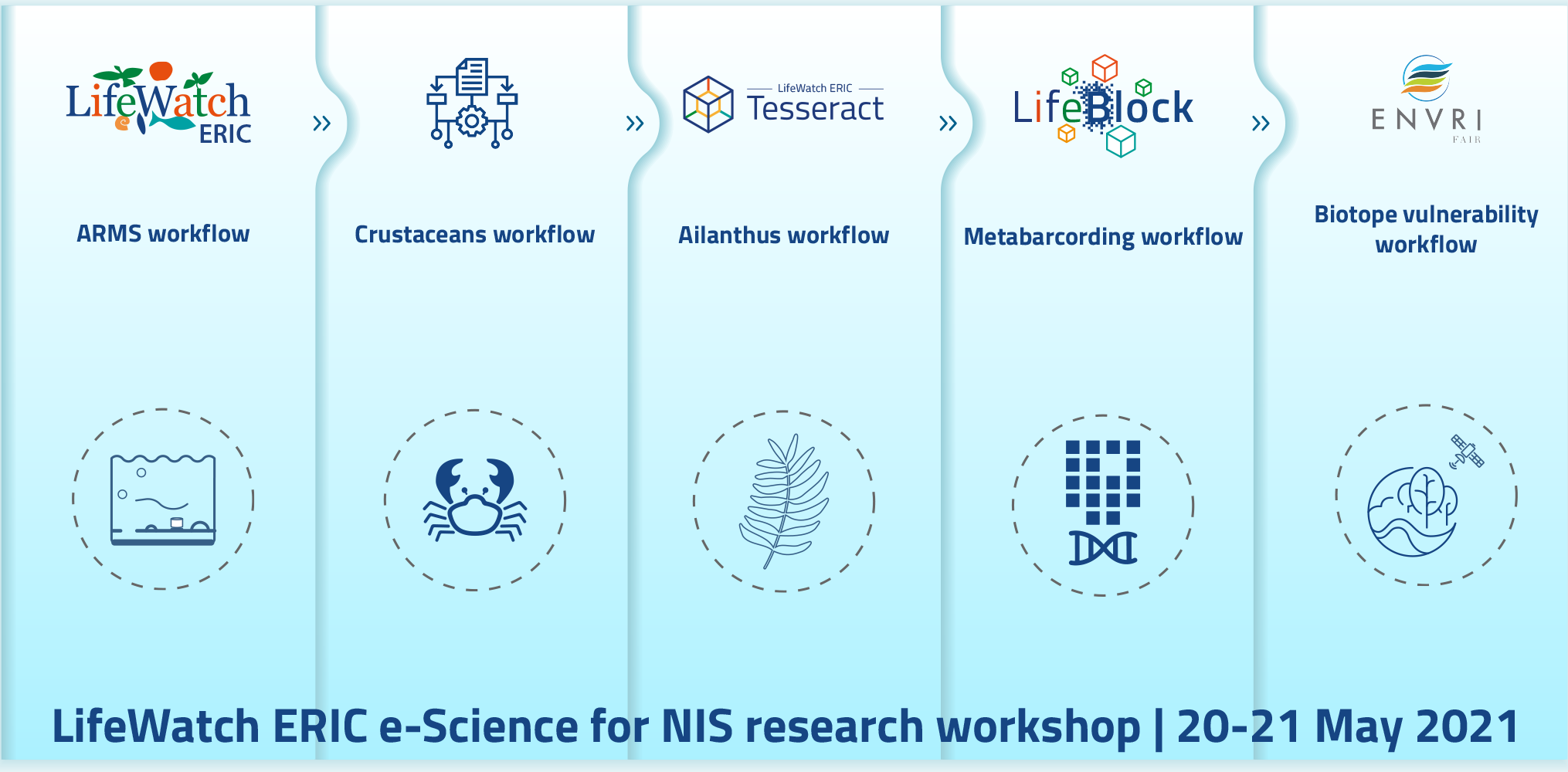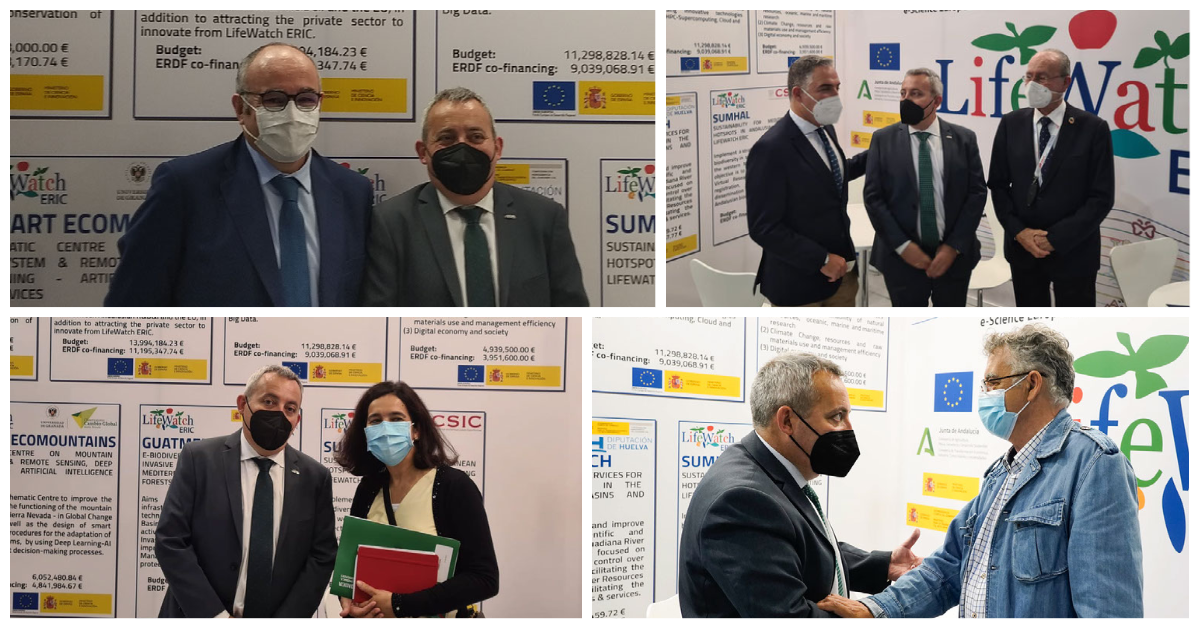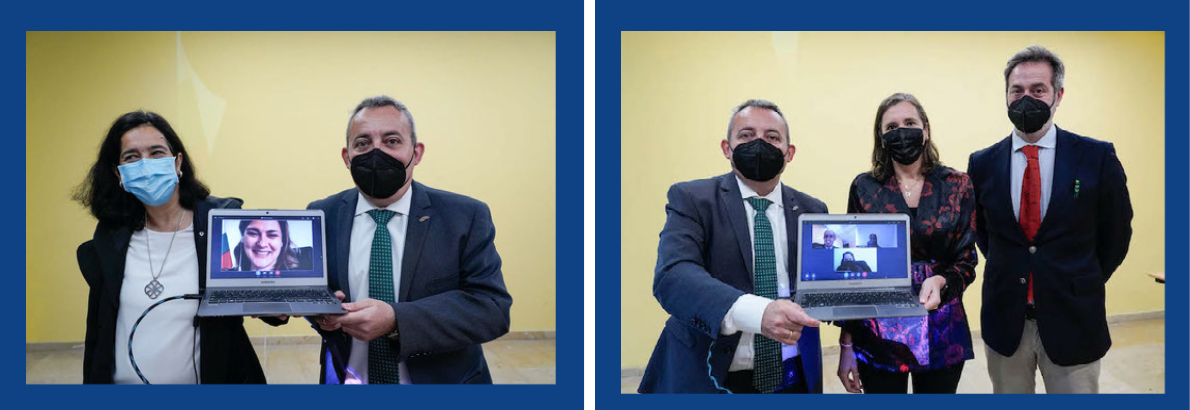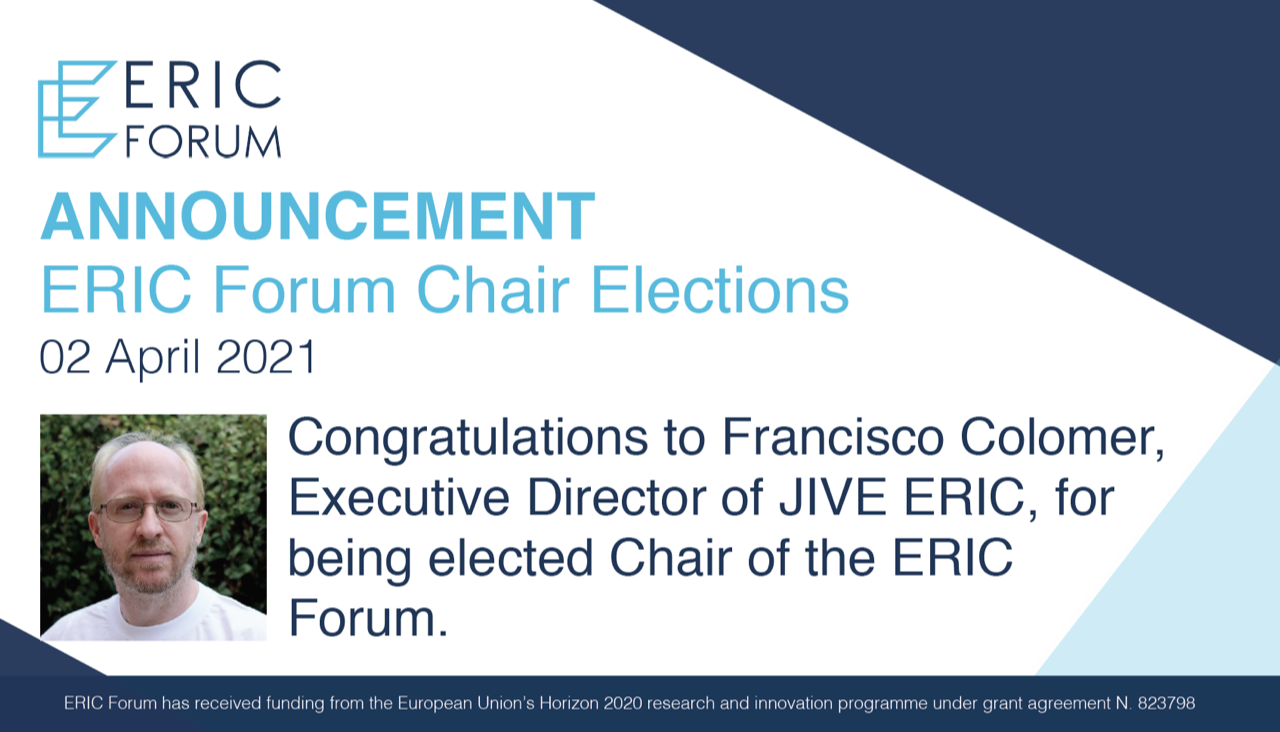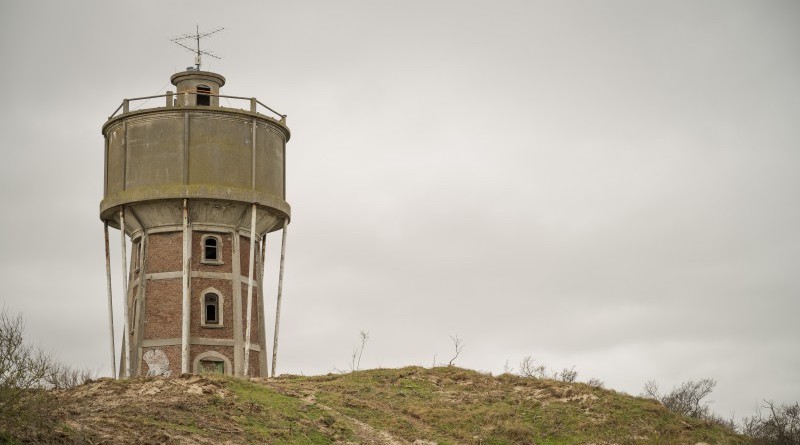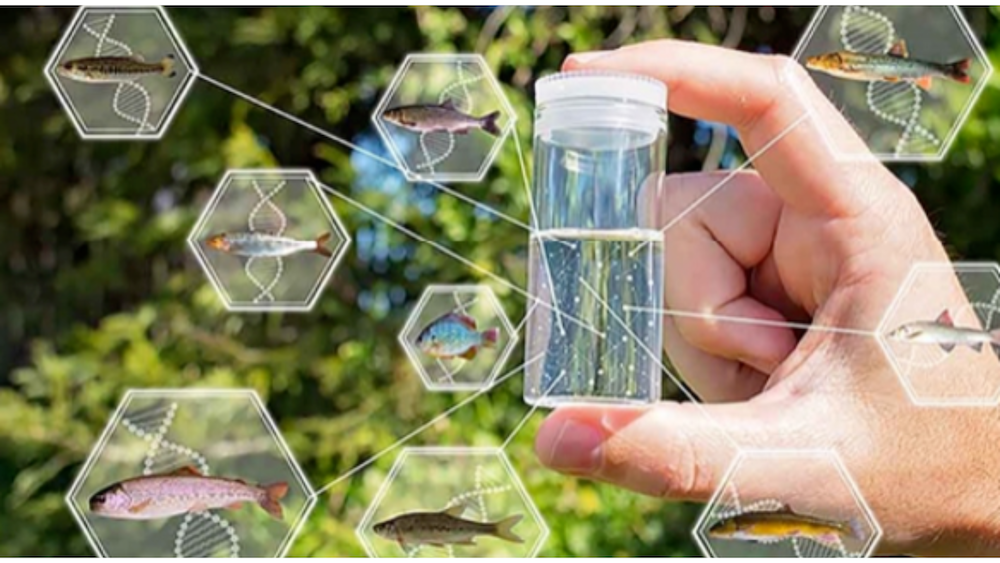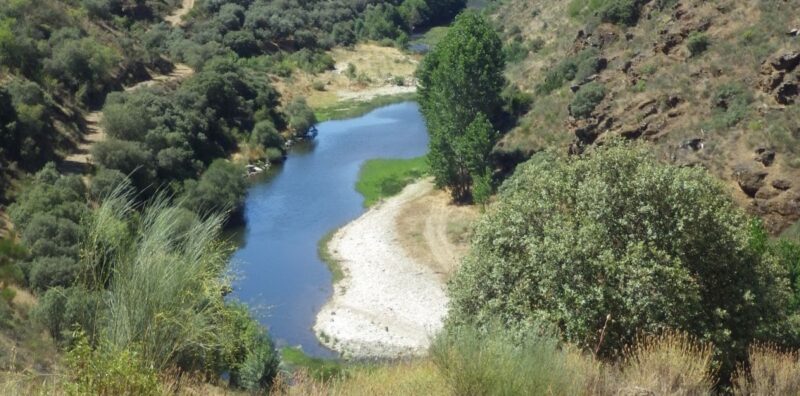On 20–21 May 2021, LifeWatch ERIC will be hosting the online workshop “e-Science for NIS Research”, with the support of the ENVRI-FAIR Project. The workshop will showcase the results of four validation cases into Non-indigenous and Invasive Species (NIS) conducted over the last 18 months within the LifeWatch ERIC Internal Joint Initiative. Registration is compulsory and free of charge.
The first day will be dedicated to the marine domain, with sessions focusing on the long-term monitoring of hard-bottom marine communities and marine/transitional NIS occurrence and trophic niches dynamics. LifeWatch ERIC and Distributed Centre staff will also be presenting workflows using photographic, metabarcoding and stable isotope tools to extract and analyse data of different typologies from varying sources.
The second day will be devoted to the terrestrial domain, with a particular focus on the detection and monitoring of invaders through remote sensing and habitat vulnerability to NIS and impact on biotopes. Presenters will also showcase workflows involving the use of satellite and occurrence data, combining different statistical and machine-learning algorithms to map the distribution of invaders and identify which habitats are most at risk.
The workshop programme will be enriched with several round tables, covering hot topics within the biodiversity and ecosystem research community such as cooperation between Research Infrastructures, the impact of NIS on marine ecosystems as well as their impact on economy and society, disruptive technologies for NIS research and how open science and open access can benefit researchers.
As a follow-up to the workshop, a hands-on training session on the use of the four workflows and Virtual Research Environments (VRE) will be held on 4 June, subject to sufficient interest. The full programme and any relevant updates can be found here.
